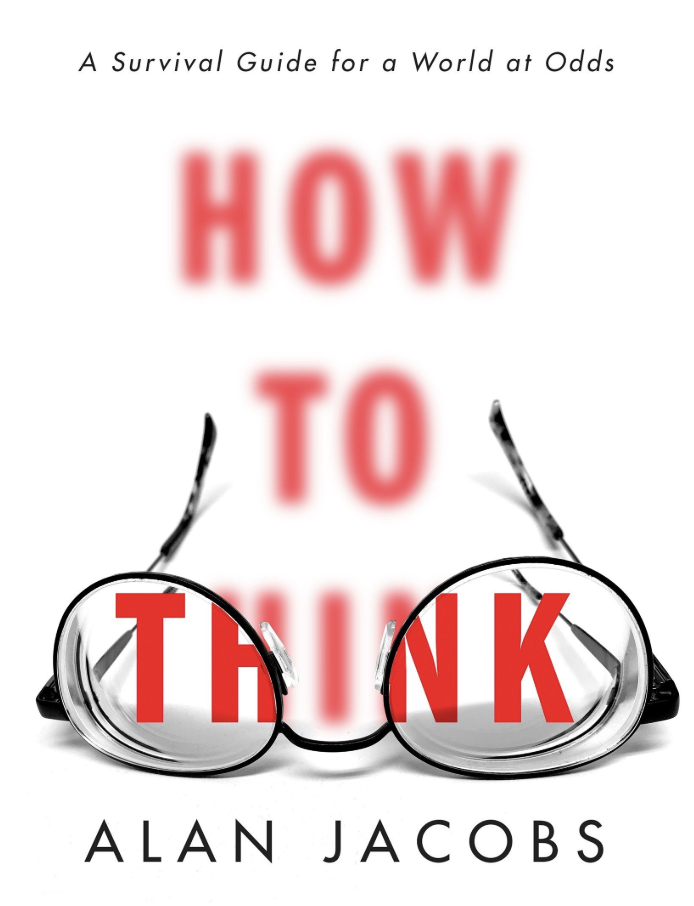[T]he essential purpose of this course goes far beyond the mere technicalities of grammar and rhetoric. Ultimately, this course engages your deepest needs and interests, your thinking, your feelings, your relationships with other people.
From Modern Rhetoric by Cleanth Brooks and Robert Penn Warren
What is freshman composition for?
In the very first paragraph of their multi-editioned textbook, Brooks and Warren give the above answer. The purpose of the composition course, in their minds, is to unite a person’s feelings and thought as well as increase that person’s ability to commune peacefully with other people.
These are spiritual purposes, not pragmatic ones. Though Brooks and Warren are not explicit about the spiritual roots of their view, they do not simply reduce language to a tool that can be used to accrue power, money, or personal happiness. There is something metaphysical here, a kind of harmony with one’s self and others, that language affords. This is not a bad way of answering the question, “Why do I have to take composition?” though I would want to know what the assumptions are that give Brooks and Warren the warrant for making this argument.
Like every God-given facet of human culture, language is a means by which to love God and others more fully. Here are the assumptions that undergird the composition courses I teach.
- Language demands our attention because it’s part of God’s identity and thus is a crucial part of what it means to be a human made in God’s image. Jesus is called the word, and God reveals himself to us in words through sacred writings.
- Language gives us a concrete way of ordering and organizing the world.
- Language has rules and can be used correctly and incorrectly.
- Language not only can be used to bless and curse but can, upon being used correctly or incorrectly, precipitate blessings or cursings.
- Language that communicates truth will stand the test of time.
Language is at the core of who we are, how we know anything, and how we act in the world. Our relationship with language amounts to nothing less than our relationship with the God whose language brought the world into existence.



